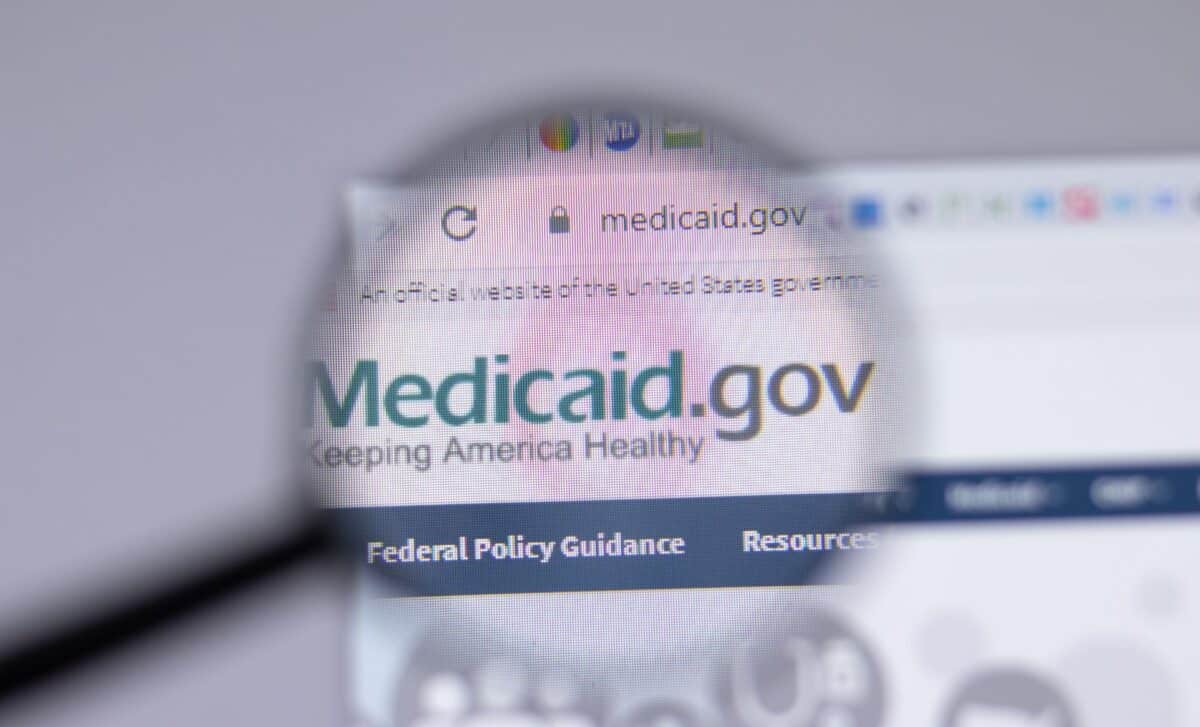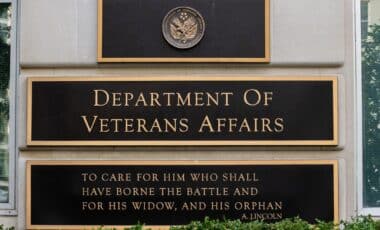A new bill passed by the U.S. House of Representatives has sparked concern among millions of Medicaid recipients. If passed by the Senate, the bill would impose work requirements on many individuals receiving Medicaid benefits, potentially leaving thousands without coverage.
The measure, part of President Donald Trump‘s broader tax and spending overhaul, aims to reduce government expenditure and ensure that those who can work are not reliant on public assistance.
However, the proposal has raised alarms among those who rely on Medicaid for critical healthcare, with many fearing they may lose their coverage due to the new regulations.
Concerns Over Administrative Burdens
Medicaid recipients, especially those with disabilities or serious health conditions, are particularly concerned about the work requirements. According to a report from the Kaiser Family Foundation (KFF), about 92% of current Medicaid recipients are either working, volunteering, attending school, or are disabled.
However, for many, navigating the bureaucracy involved in proving eligibility for exemptions may prove impossible. This is especially troubling for individuals like Crystal Strickland, a 44-year-old North Carolina resident who depends on Medicaid due to her heart condition.
Strickland, who has struggled for years to qualify for Medicaid, expressed frustration over the potential loss of her benefits under the new bill. She fears that even those who are exempt from the work requirements could face bureaucratic hurdles, such as difficult paperwork, leading to the loss of coverage.
Steve Furman, who is concerned for his 43-year-old son with autism, echoed similar fears. Furman, a retired Arizona resident, struggled for over a year to get his son on Medicaid and believes that the new requirements would only exacerbate the difficulties families like his face. Even with assistance, Furman said his kid already finds it challenging to navigate government agencies.
“Should I expect the government to take care of him?. I don’t know, but I do expect them to have humanity.”, he said.
Potential Impact on Vulnerable Groups
While the bill includes exceptions for certain groups, including people with disabilities, caregivers, pregnant women, and those under 19 or over 64, advocates warn that the criteria for exemptions remain unclear.
Moreover, critics are concerned that the measure could disproportionately affect low-income individuals and families who are already struggling to maintain their healthcare coverage.
The bill has generated mixed reactions. Some view it as a necessary reform to reduce government spending, while others believe it could lead to significant coverage losses for vulnerable populations.
The KFF’s tracking poll found that a majority of respondents expressed concerns over the potential impact of the work requirements, with many fearing that cuts to Medicaid would increase the number of uninsured Americans and strain local healthcare providers.
The bill now moves to the Senate, where its future remains uncertain. As the debate continues, Medicaid recipients and advocates are left anxiously awaiting a final decision that could have profound implications for millions across the country.









